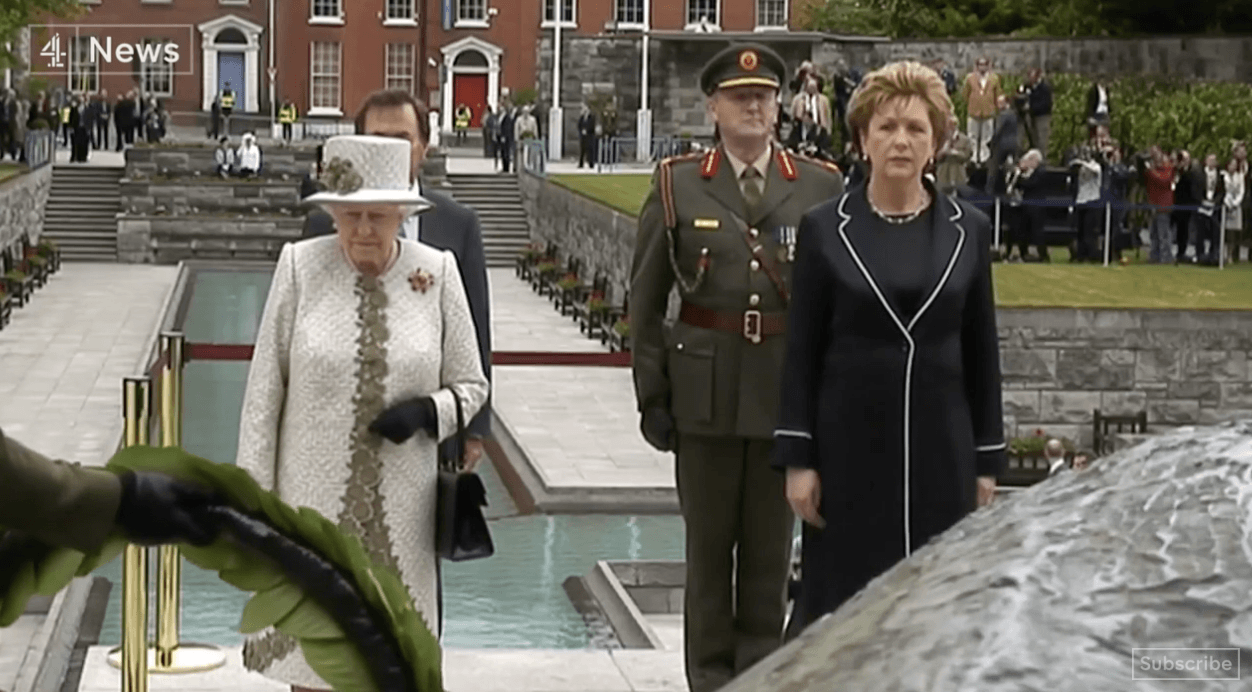THERE are many people who, a week after the death of the English queen, quite rightly feel alienated and angry. They feel alienated because their antipathy towards the preposterous notion of unelected and unearned wealth and power that is the monarchy has been utterly ignored in the unseemly rush to pretend that we all are gripped by sadness and grief. And they feel angry that their lives have been turned upside down to facilitate a period of mourning and a funeral dripping with comical military posturing, to which they feel not one iota of connection or empathy.
Where empathy does come in is in the very simple idea that an elderly woman has died and her family have been left grieving. That is something which we can all understand, regardless of what we feel about that family or its background. And that feeling of basic human empathy is strengthened by the knowledge that, whatever we know and abhor about the British royal family’s centrality to the shameful history of British imperialism and colonialism, she ultimately played an important role in bringing about the circumstances that made our current incomplete and imperfect peace a possibility. That is why those of us to whom the very idea of monarchy is anathema have either held our counsel or gone one step further to put on record our appreciation of what she did on her visit to Ireland in 2011.
We know that the royal family, to use an ugly but popular phrase, is what it is. The local media, on the other hand, makes great play of its role in reporting events here with even-handedness and impartiality. But their coverage of the queen’s death, the accession of King Charles and his visit to Belfast on Tuesday, with the exception of that tiny part of the local fourth estate with nationalist leanings, has been pickled in unionist assumptions and presumptions.
The events of the past week have been a challenge for nationalism, we’re told. Sinn Féin (and to a much lesser extent the SDLP) have been placed under a media microscope, their every move examined closely to ensure that they pass the test set for them by a star chamber of unionist journalists and commentators. And while nationalist and republican representatives have shown themselves to be adept at taking on board unionist sensitivities in a way that has never come close to being reciprocated, there is a powerful sense of certain usual suspects longing for them to fail.
The truth is, though, that this period of royal pageantry and pathos is every bit as much a challenge for unionism as it is for republicanism – if not more so. This is a city built on a stern basalt base of unionism and loyalty, where every public space is a tribute to king or queen. As the old certainties wither and die and UK constititutional change looms large, there was – still is? – a chance for unionism to tell us, can this odd and archaic union ever have a place for all?
Not only has that question not been answered – it hasn’t been asked.







